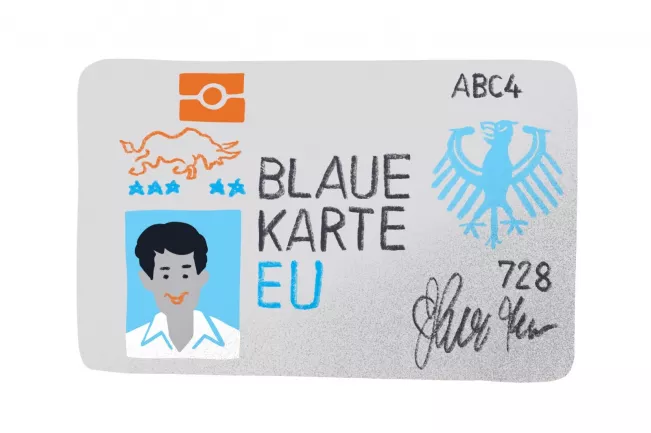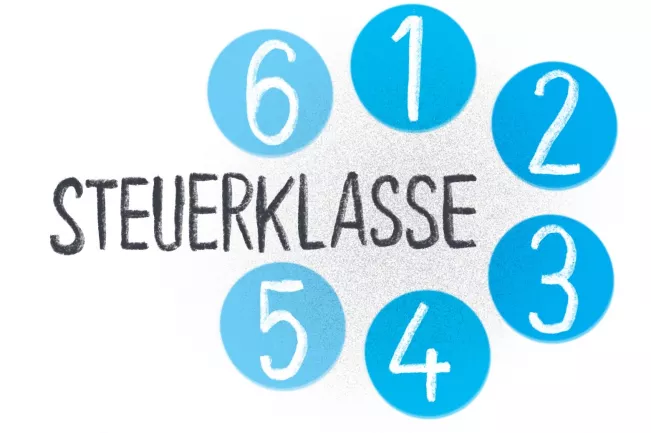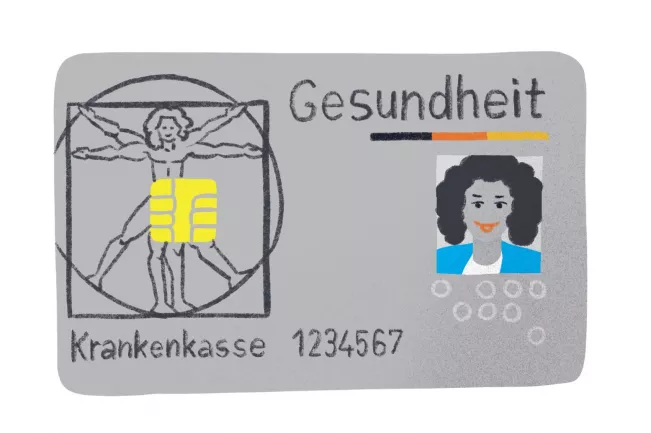Vice President International Affairs and Diversity (VP3)
4. Legal matters after graduation
4.1 Residence permit

Once you have successfully completed your studies in Germany, you may be able to obtain a residence title on submitting the appropriate application.
Residence permit for seeking employment after completing your studies (section 16 par. 5 Residence Act (AufenthG))
A residence permit of this type can only be issued for up to 18 months immediately following your studies.
Requirements:
- You must have evidence that you have completed your studies successfully
- Your subsistence must be secure
- You may accept any employment in order to cover the cost of living
If you have received a suitable job offer, contact the competent immigration office and an application for a residence permit for employment purposes will be issued.
Residence permit for commencing doctoral studies
Your residence permit will be extended when you present your enrolment certificate. You may also pursue doctoral studies in a company, and you are permitted to take up employment (for example as a research assistant) while doing so.
Residence permit for researchers (section 20 AufenthG)
Requirements:
- The research institution has issued an admission agreement
Once the research project is complete, your residence permit can be extended for up to nine months so that you can seek employment.
Residence permit for employment purposes (section 18 par. 4 s. 1 AufenthG)
In order to obtain a residence permit, your employment must be commensurate with your degree. If you have a degree in economics, for example, you cannot take up employment in another field. However, no minimum salary is required and your residence permit will be valid for the duration of your employment contract or a maximum of 3 years.
EU Blue Card – section 19a AufenthG
Requirements:
- Your salary must be at least EUR 55,200 gross per annum (in 2020)
- This minimum salary must come from one job (may be part-time)
All academics with a recognised university degree can obtain a residence title known as a “Blue Card”. The minimum salary increases every year; however, it is the time at which the Blue Card was issued or extended that is decisive. Current holders of an EU Blue Card are exempt from the minimum salary requirement. The new salary threshold must only be reached if you are renewing your Blue Card or if you intend to change your job and require approval to do so.
The Blue Card is valid for four years or until the date on which the holder’s employment contract expires plus three months. If you wish to change jobs during this period, you will have to obtain permission from the immigration office.
Exception: shortage occupations
If you start work in one of the STEM professions, your minimum salary must be at least EUR 43,056 per annum. The STEM professions encompass mathematics, engineering, natural sciences, computer science/IT and medicine.
Advantages of holding a Blue Card in the EU
The Blue Card is valid for four years or until the date on which your employment contract expires plus three months. After notifying the aliens office, it is also possible to spend up to twelve months abroad without your Blue Card becoming invalid.
Once you have had a Blue Card for at least 18 months, you are free to travel to any other EU member state without a visa.
Issue of a permanent settlement permit (unlimited residence title) (sec. 18 b AufenthG)
In order to acquire a permanent settlement permit, you must have held a residence permit of the type described in sections 18, 19a or 21 AufenthG for a minimum of two years. Your subsistence must be guaranteed, and you must have paid pension insurance contributions for 24 months. You are also required to have an adequate knowledge of German (at least level B1 of the Common European Framework of Reference for Languages – CEFR) and your job must be commensurate with your qualifications. You will then receive a permanent settlement permit, which is a residence title that is valid indefinitely.
LINKS
Use this “online quick check” to review your options if you wish to live and work in Germany
https://www.make-it-in-germany.com/en/visa/quick-check/
The “Hotline Working and Living in Germany” answers your questions on matters such as immigration, looking for a job, getting your qualifications recognised and much more in German and English
https://www.bamf.de/EN/Service/ServiceCenter/ThemenHotlines/ArbeitenUndLeben/arbeitenundleben.html
4.2 Employment contract

Your interview went well and you’ve been offered the job? Congratulations! All you have to do now is sign your employment contract.
Here there are a few important points to note:
An employment contract usually includes the following; occasionally, reference may merely be made to the corresponding regulations:
- Your name and address and those of the company
- Date on which the contract comes into force
- Term of employment
- Duration of trial period
- Place of work and description of tasks
- Salary and bonuses
- Working hours and holiday entitlement
- Periods of notice
- Existence of collective wage agreements and works agreements
The contract should always be concluded in writing. Read the contract through carefully and ask your company’s HR department if there is anything you do not understand.
LINK
Here you will find basic legal information on employment contracts and labour law:
https://www.arbeitsrechte.de/arbeitsvertrag/
4.3 The German tax system

As a worker in Germany, you are required to pay income tax. However, if you are employed by a company, you do not have to deal with tax payments yourself; instead, they will be paid automatically every month by your employer.
Income tax, known as Einkommenssteuer or Lohnsteuer, is automatically deducted from your gross salary and forwarded to the tax office every month. Income tax is charged at rates varying from 14 to 45 % depending on how much you earn. The higher your income, the higher the rate of taxation; however, there is a basic tax-free allowance. No tax is charged on any taxable income up to this amount.
After the end of the calendar year, some of the taxes you have paid may be refunded. For this, you have to submit a tax return to the tax office; this usually pays off. You can download tax return forms from your tax office's website, collect them in person or ask an expert (tax consultant) for help.
Tax classes
The amount of income tax you have to pay depends not only on your income but also on other factors such as whether or not you are married. Tax payers are therefore assigned to various tax classes.
LINK
You will find information about current income tax rates and classes here:
https://einkommenssteuertabelle.de/
4.4 Social and pension insurance in Germany

In Germany, you benefit from a well-developed insurance system which covers employees against risks such as illness, unemployment and accidents at work. When you start a job, you will receive a social insurance card with a number which you are required to give to your employer. You will need this number for the rest of your life and should therefore keep it carefully.
As an employee, you will be a member of five statutory insurance schemes:
- Statutory health insurance: Your statutory health insurance provider will pay the costs of visits to the doctor, (some) medication and other forms of treatment if you fall ill. If you are married and your spouse is not in gainful employment, you can have him/her covered by your health insurance at no extra cost. The same applies to your children.
- Statutory long-term care insurance: This provides you with basic security should you become dependent on long-term nursing care, for example due to illness.
- Statutory unemployment insurance: Provided you were insured for at least one year during the last two years, the unemployment insurance scheme will safeguard your livelihood by providing an income for certain periods should you become unemployed and be looking for another job. The Federal Employment Agency also helps people find work and offers advice and placements.
- Statutory accident insurance: The statutory accidence insurance scheme covers the costs of any medical treatment you may require after a work accident or if you are suffering from an occupational disease.
- Statutory pension insurance: If you retire at an advanced age, the statutory pension insurance scheme will pay you a monthly pension. The amount of pension you receive is calculated on the basis of your income and the number of years you worked in Germany.
LINK
You will find information about current social insurance contribution rates here:
https://www.imacc.de/sozialversicherungsbeitraege
4.5 Opportunities for family members

As an international skilled worker or executive, you can bring your spouse and children to Germany provided certain conditions are met. Whether or not they require a special residence permit depends on your nationality. Citizens of EU or EEA member states do not require a special residence permit. If your partner and children are citizens of a country outside the EU, you can apply for a visa for purposes of family reunion.
Link
Here you will find everything you need to know about bringing your family to Germany – (for EU citizens only)
https://www.make-it-in-germany.com/en/living-in-germany/family-reunification/spouses-eu-citizens/
We wish you all the best for your career in Germany!